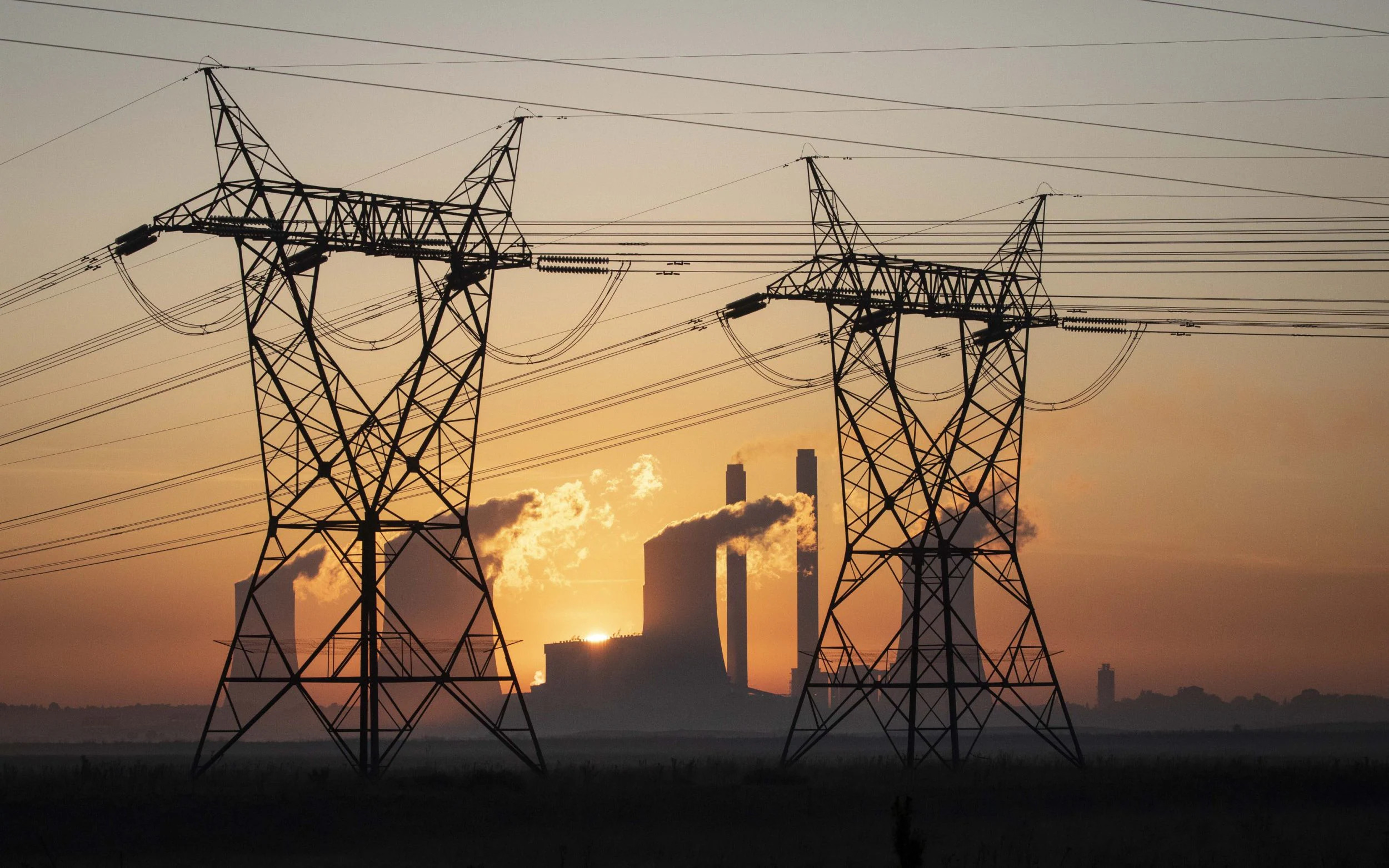sustainability
Private Medical Aid Schemes Flourish Amidst Ailing Public Healthcare in South Africa

In the face of a struggling public healthcare system, private medical aid schemes in South Africa are thriving, driven by the high demand for quality medical coverage and innovative customer-focused strategies. Discovery Health stands out as a leader in this field, with a business model that prioritizes customer experience through its comprehensive mobile app.
Discovery Health’s Mobile App: A Game-Changer
Discovery Health’s mobile app is at the heart of its success, offering members a seamless way to manage their medical aid plans. The app allows users to:
- Find Doctors and Specialists: Locate nearby healthcare providers quickly.
- Submit Claims: Easily file medical claims.
- Emergency Assistance: Access emergency services when needed.
- Customer Care: Interact with Discovery’s customer care bot for help with common issues.
This digital convenience empowers members to make informed health decisions, enhancing their overall experience and satisfaction.
Energy Crisis and Load Shedding: A Persistent Challenge
Much like the public healthcare sector, South Africa’s energy supply is in a precarious state. Despite a temporary reprieve from load shedding in recent months, there is widespread skepticism about its sustainability. This highlights the urgent need for both short- and long-term solutions to end the cycle of rolling blackouts.
Government’s Role and Price Hikes
While the government is responsible for medium- and long-term energy solutions, including maintenance of power stations and investment in new energy sources, short-term strategies are crucial. Eskom’s financial struggles have led to significant electricity price hikes, exacerbating the cost of living. Last year, electricity prices rose by 18.65%, followed by a 12.74% increase this year.
Embracing Short-Term Solutions
To mitigate rising electricity costs, South Africans must adopt short-term solutions to manage their energy consumption. Eskom’s demand-side management (DSM) program, launched in 2004 and rebranded as the integrated demand management (IDM) program in 2010, has been instrumental in promoting energy efficiency.
Impact of DSM and IDM Initiatives
Eskom’s initiatives included:
- Energy-Efficient Lighting: Replacing over 60 million incandescent bulbs with energy-efficient lamps, saving 2.4GW of electricity.
- Solar Geysers: Installing 382,542 solar geysers, reducing energy consumption.
- Power Alerts: Daily notifications encouraging reduced energy use during peak times.
- Industrial Partnerships: Collaborating with high-consumption industries to lower peak-time usage.
These measures helped delay the return of load shedding until late 2014.
The Future: Smart Tech Energy Management
Similar to how Discovery Health’s app revolutionizes healthcare management, smart tech energy management apps can enhance electricity efficiency. With geysers consuming up to 45% of household electricity, such apps can provide real-time data on energy usage, allowing homeowners to:
- Monitor Consumption: Track energy use of high-consumption appliances like geysers, lights, and pool pumps.
- Manage Energy: Make informed decisions to reduce electricity consumption.
- Cost Savings: Decrease energy bills by optimizing usage.
By adopting these innovative solutions, South Africans can better manage their energy usage, alleviate financial pressure, and contribute to the national effort to combat load shedding.
As South Africa navigates its energy crisis, embracing smart technology and energy-efficient practices is essential. Just as Discovery Health has leveraged technology to improve healthcare outcomes, similar innovations in energy management can help the country achieve a more stable and sustainable power supply.















